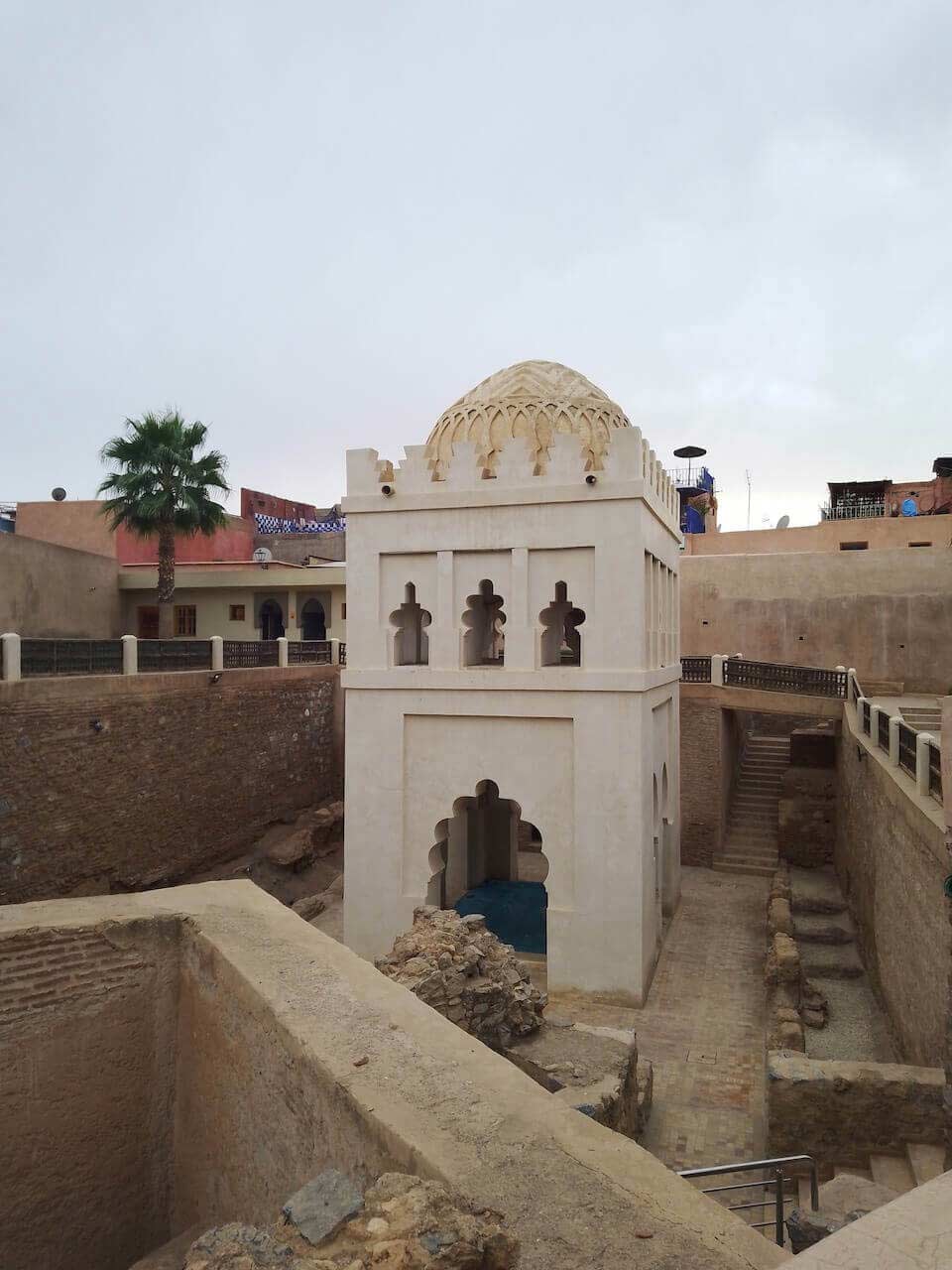
When students study abroad in Barcelona, and pretty much anywhere else in Europe, they do so with the expectation that they are going to spend some of their time visiting other countries. I mean, Europe is the perfect place to do this, isn't it? The Schengen area guarantees that there are open borders between a majority of countries on the continent, and there is a sophisticated network of rail lines that makes going from Barcelona to Paris a six-hour ride. However, what most people neglect is the fact that there is a destination outside of Europe that is nearly as accessible. This place is Morocco.
Morocco is a country located in the northwestern corner of Africa, divided from Spain by the Strait of Gibraltar, which connects the Mediterranean Sea and the Atlantic Ocean. At their closest points, the two countries are only eight miles (13km) apart from each other. In Tangier, a major port city on the Strait of Gibraltar, it is possible to see Spain from across the sea. Despite the close proximity of these two countries, and 700 years of shared history, the two countries are completely different worlds. As someone who is fascinated by the relationship between culture and geography, seeing such an abrupt transition of cultures after traveling such a small distance was truly astonishing.
While studying in Barcelona, I would recommend spending your break week traveling around Morocco. You will find friendly and outgoing people, delicious food, stunning natural scenery, and ancient Islamic architecture. Furthermore, Morocco is significantly more affordable than nearly anywhere in Europe. However, traveling to Morocco is not without challenges, as the vastly different culture in comparison to Europe and the United States can be a hard adjustment for many. But for those who come with an open mind, they will be welcomed with warm hospitality.
Throughout the week I spent in Morocco, I had the privilege of exploring Tangier and Marrakech. The two cities are quite different from each other, making you feel as if you are in two different countries. In Tangier, you will find clean streets, developed infrastructure, and modern buildings. There were times when I felt as if I hadn't left Spain, as the sidewalks have the same brick patterns as those in Barcelona and a lot of the buildings have a Spanish architectural style. When in Tangier I would recommend visiting Medina, AKA "old-city," the American Legation Museum, and Cape Spartel. From Tangier you will find amazing views of the Strait of Gibraltar from the tall hills of Morocco's coastline.
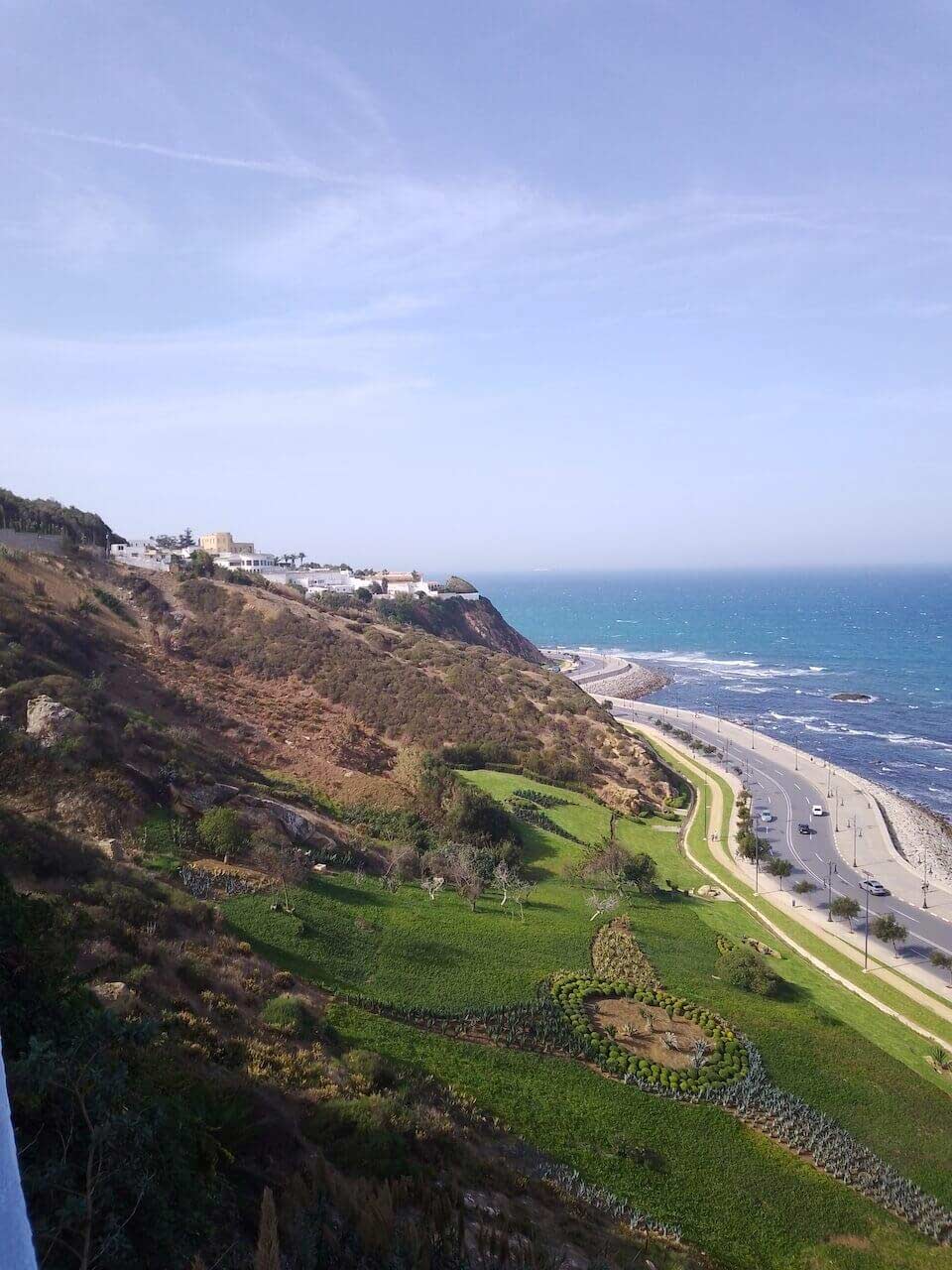
Marrakech is in stark contrast to Tangier. It is located inland, at the foothills of the Atlas Mountains. The environment is dry and semi-arid, and the temperature reached 90 degrees Fahrenheit (32 degrees Celsius) while I was there. Tangier is full of modern buildings, while Marrakech is home to one of the most well-preserved old medinas in the entire country. There you will find narrow streets and mosques that are centuries old, surrounded by ancient walls.
In comparison to the well-organized and relatively peaceful Tangier, Marrakech is crowded and hectic. As a foreigner, you will constantly be flocked by ambitious street vendors, looking to sell you anything from clothes to spices. While in Marrakech, I would recommend visiting the markets of the Medina, the Koutoubia Mosque, Bahia Palace, Bab Agnaou, and the Ibn Youssef Madrasa.
Marrakech is an excellent place to immerse yourself in the cultural differences here in Morocco. However, it is important that you are aware of these differences before you go and visit, as it will make your transition easier. Here are three that I found to be the most significant.
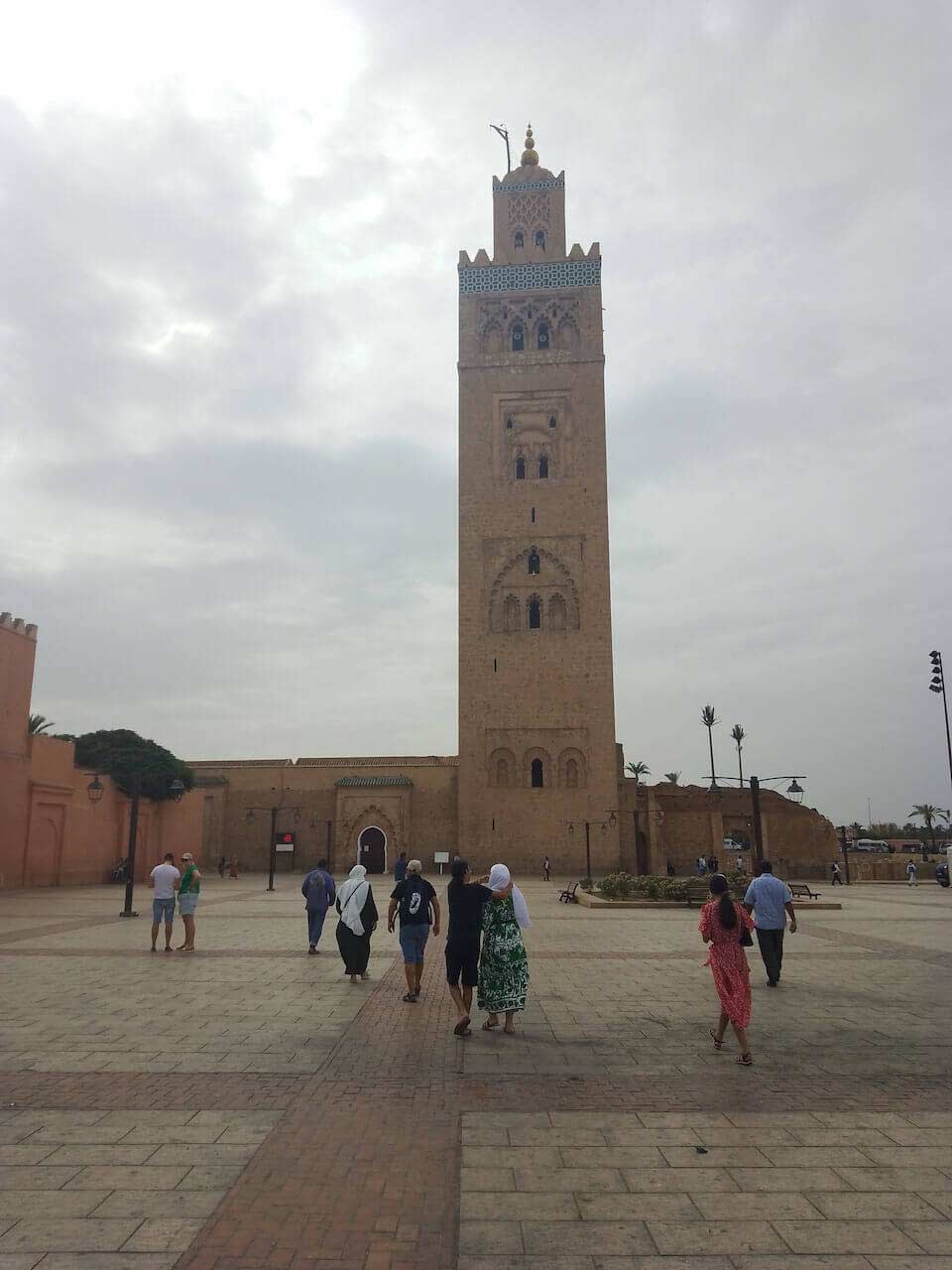
Three Biggest Cultural Differences Between Spain and Morocco
-
Religion
This might be the most obvious cultural difference, as Spain is predominantly Catholic and Morocco is majority Muslim. These two differences in religion mean that the two respective countries have different practices and customs. For example, instead of celebrating Christmas or Easter, many Moroccans celebrate Ramadan, a one-month-long holiday where Muslims fast in order to empathize with those in need. Instead of hearing the ringing of church bells, you will hear an Arabic call to prayer from the loudspeaker five times a day. This serves as a reminder of prayer times, and comes from the mosques in the community.
The difference in religions can also be exemplified by each country's respective diet. In Spain, pork is a highly-consumed meat, as Spaniards are known for their Iberic ham and chorizo. However, in Morocco, it will be hard to find a restaurant serving pork, as its consumption is forbidden in Islam. You also will find that alcohol plays little to no role in social gatherings in Morocco, as drinking it is taboo in Islam. As an alternative, many Moroccans will gather over a hot cup of mint tea, rather than having a cold Estrella or glass of cava.
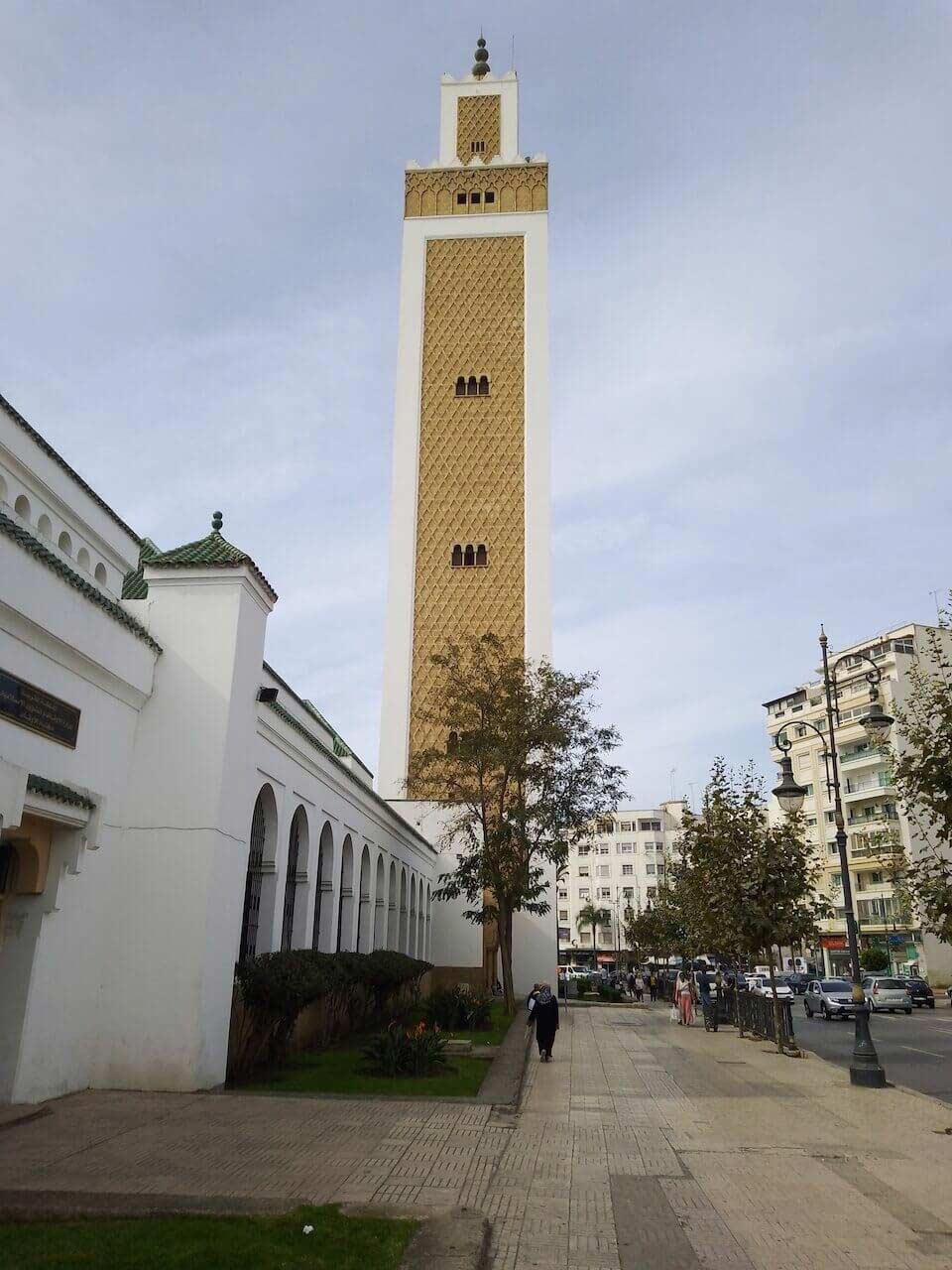
-
Language
While there are a sizable number of Spanish speakers in Tangier, Arabic is the most spoken language in Morocco. The dialect of Arabic spoken in Morocco is known as Darija, which has many influences from both French and Spanish. While many argue that Darija cannot be considered its own language, it is virtually unintelligible to Arabic speakers from the Levant and Arabian Peninsula. Despite Arabic being the country's official language, a large proportion of Morocco's population is fluent in French, as it was a former colony of France. Another commonly spoken language in Morocco is Berber. This is the language of the Berber people, an indigenous ethnic group native to Morocco and other parts of Northern Africa.
-
Sense of Time
Oddly enough, this is a major cultural difference between the United States and Spain, as Spaniards don't emphasize punctuality to the same extent as other Western cultures. However, you will find that things run much slower in Morocco than in both the United States and Spain. This is a culture shock that many Westerners experience when traveling outside Europe or North America and is often a source of frustration. However, it is always important to go with the flow when traveling, as it allows you to have spontaneous experiences and make the most of your trip.
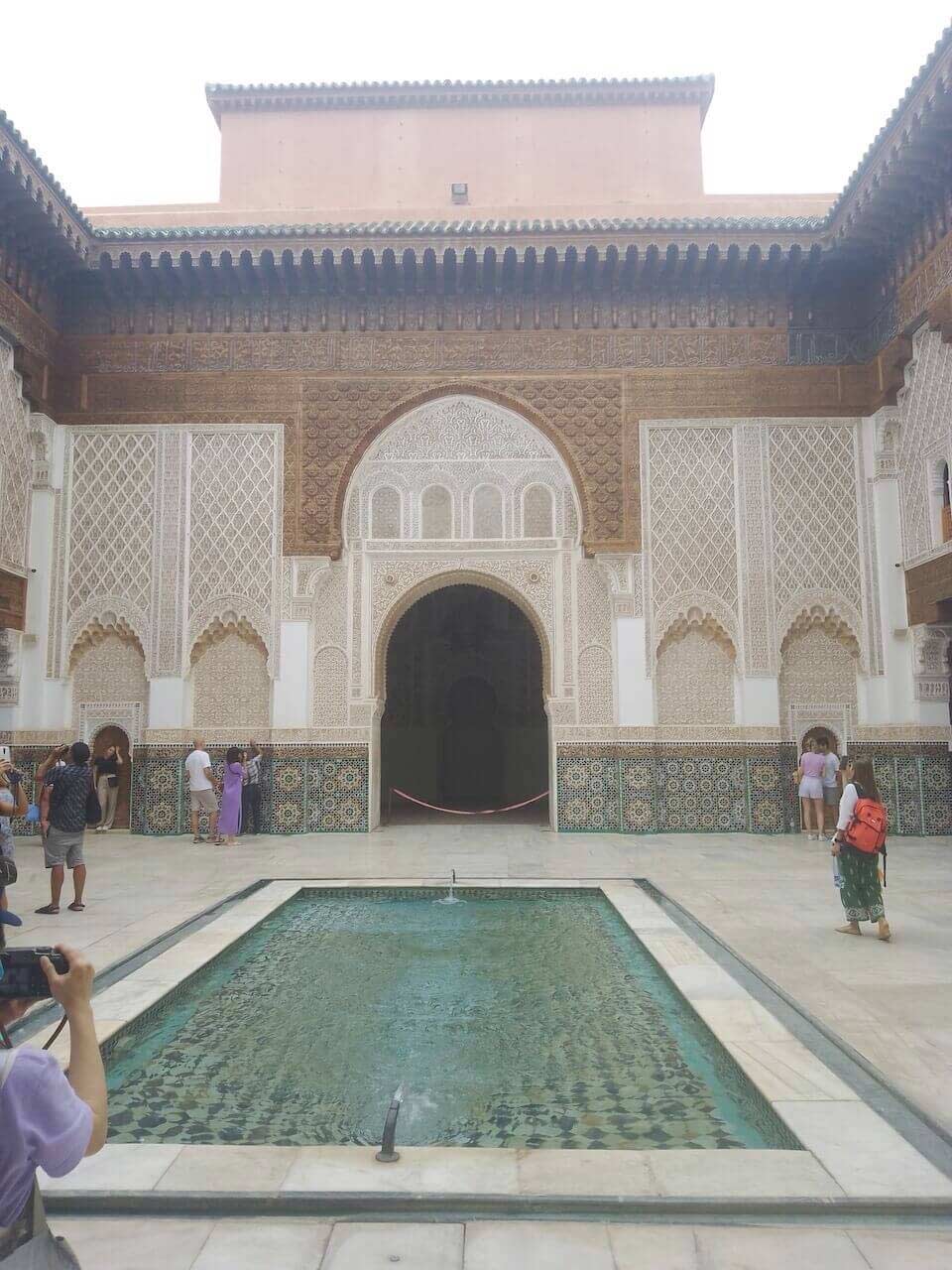
Solomon Herring is the Content Creator - Blogger.
Leave a comment